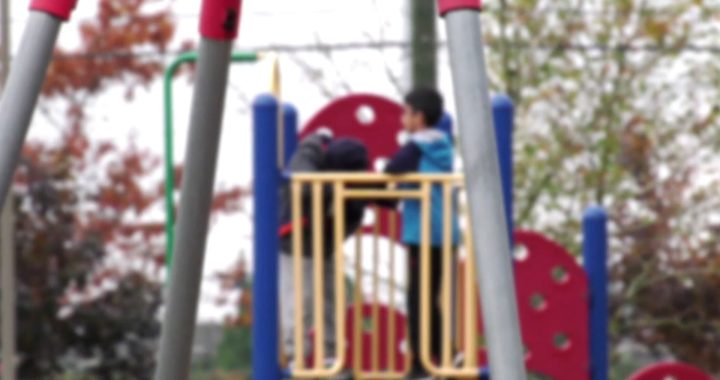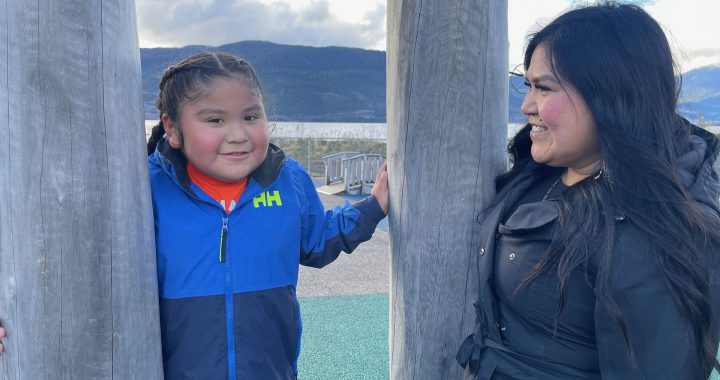It has been more than six months since the hamlet of Kugluktuk, in western Nunavut established liquor restrictions in an effort to curb binge drinking.
On May 16, residents voted 61 per cent to adopt liquor restrictions.
“Something that we’re hoping to do within our own wellness division is alcohol education and mental awareness,” said Simon Kuliktana, mayor of Kugluktuk. “I think we are headed in the right direction and we’ve noticed in our hamlet meetings that RCMP reports show numbers [alcohol-related incidents] have gone down.”
Kugluktuk is home to roughly 1,600 Inuit. It’s located at the mouth of the Coppermine River in the Kitikmeot Region of Nunavut.
For years, the community relied on an alcohol committee comprised of local members who would review applications to order alcohol and would review whether the applicant had a history of violence.
“That committee met regularly, but after a couple of years issues started coming up where they wouldn’t have a quorum so they would be a backlog of applications and that had a negative impact when a large order came in,” Kuliktana said. “At the same time too, the alcohol committee too was supposed to provide alcohol education but didn’t really do that.”
He said issues with alcoholism and no restrictions became apparent over the COVID-19 pandemic. When alcohol restrictions came into effect in September 2022, residents stated they didn’t want an alcohol committee.
There are limits to how much people can import in each two-week period. There are no exceptions for special occasions or events. Several people told APTN News confirmed high bootleg prices. A mickey (375mL) currently costs $150 and a 1.75 litre bottle comes in at $800.
According to the Sgt. Christian Moreau, the detachment commander for Kugluktuk RCMP, there has been a slight decrease in the number of alcohol related calls since restrictions went in place.
“We partner with multiple committees and agencies such as the health center, mental health services, children and family services, the hamlet mayor and council, etc., in order to discuss and find ways to educate on proper alcohol consumption,” said Moreau. “The issue is not the consumption of alcohol but rather the excessive consumption of alcohol,
Increase in wellness programming
Equally important to alcohol restrictions are the efforts community members have put into improving individual and collective wellness by tackling addictions through recreational programming.
One example, a bi-weekly women’s wellness group that has swelled to upwards of 45 participants, more than quadrupled its size since it began in April.
It is casual, yet constructive, as the ladies choose the topic of the day and participate in corresponding activities like budgeting exercises, sewing, etc.
“It is the women of Kugluktuk that have done this program, they are the ones that invested time and they bring other people with them,” said Jane Lamure, a certified school social worker helping with the program. “They talk about their own programs out their own community what they want to see.”
Lamure is on an eight-month contract in Kugluktuk with territorial family services.
“For us, they don’t always want to talk to us as well, because you’re only going to be here for a minute and then you’ll be gone and that’s true we are. That’s where the supports and the coping skills all need to come because it’s going to be there whoever leaves,” she said.
Lamure noted that financial support is there for community members but without supportive workers in place to inform residents about the programs that are available, people can fall between the cracks.
“For example, there could be a Jordan’s Principle representative who came and filled out the forms and told them what they were eligible for and how to go about that because putting it on everyone else [staff in family services]… isn’t good enough,” Lamure said.
The hamlet’s wellness department told APTN, now that alcohol restrictions are back in place, they would work towards more mental health programming like having a qualified residential school counsellor visit.









